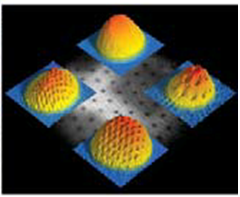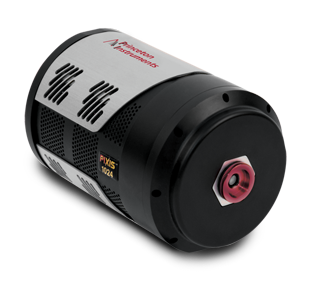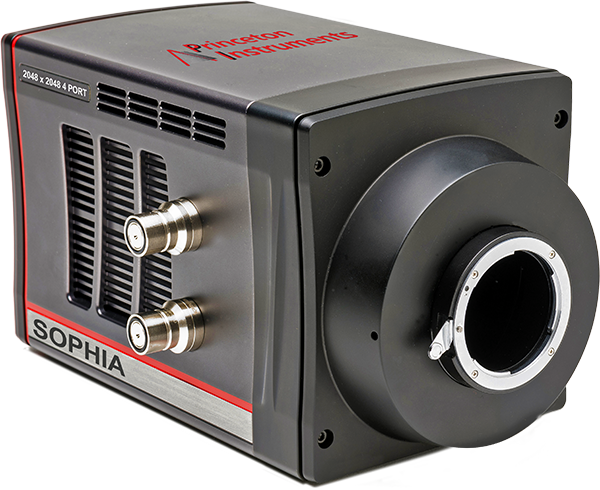Bose-Einstein Condensate (BEC)
BEC can be described as matter created from matter waves. It is formed when a gas composed of specific particles – “bosonic” particles – is cooled very close to absolute zero. At this low temperature, the wavelength of the matter becomes so large that the wave-like atoms oscillate harmoniously and become indistinguishable, thus forming BEC.
This condensate consists of a macroscopic number of particles, all of which have entered the same energy state – the ground state of the system. When all the particles are locked in the same quantum state they act as one. BEC is a phase transition determined by the wave nature of the particles, instead of the interactions between them.

Cameras for Bose-Einstein Condensate

ProEM
The ProEM is a series of highly sensitive, thermoelectrically cooled cameras with 10 mm resolution and EMCCD level detection with patented eXcelon™3 technology.
BEC condensate requires high sensitivity in the higher NIR and UV range – therefore the ProEM series, with eXcelon™3 back-illuminated sensors, is optimal due to it’s high quantum efficiency within this wavelength range, reduced etaloning and greater-than-video frame rates.
The ProEM allows for microsecond time resolution with longer exposure times due to ultra-low dark current, essential for high speed imaging of BEC luminescence.
PIXIS
Highest sensitivity, >95% quantum efficiency with broad wavelength coverage and reduced read noise.
The PIXIS offers highly sensitive imaging over the 120 – 1100 nm range, equipped with deep cooling and ultra-low dark current for long exposure times ideal for BEC imaging.
With front-illuminated, back-illuminated and back-illuminated deep-depletion the PIXIS can be tailored to your specific needs. The PIXIS can be used as an alternative to the ProEm/ProEM-HS or the SOPHIA for low-light imaging.


SOPHIA
Advanced ultra-low-noise back-illuminated CCD camera delivering >95% peak quantum efficiency with 2 e- readout noise.
The SOPHIA provides high speed acquisition vital for BEC imaging, with a 16 MHz readout, enhanced sensitivity and low fringing enabled by eXcelon™ technology and ArcTec™ deep cooling.
The SOPHIA can be used as an alternative to the ProEm/ProEM-HS or the PIXIS when deep cooling is required.
